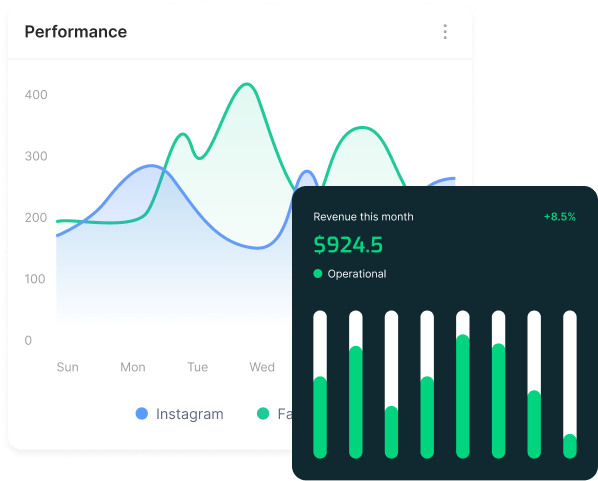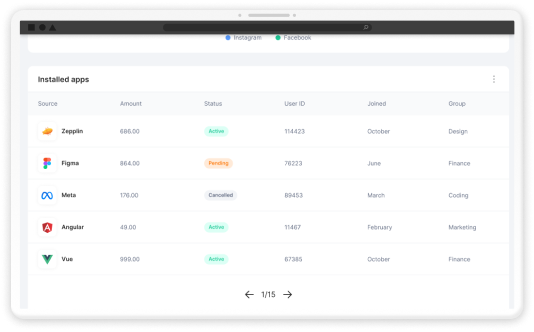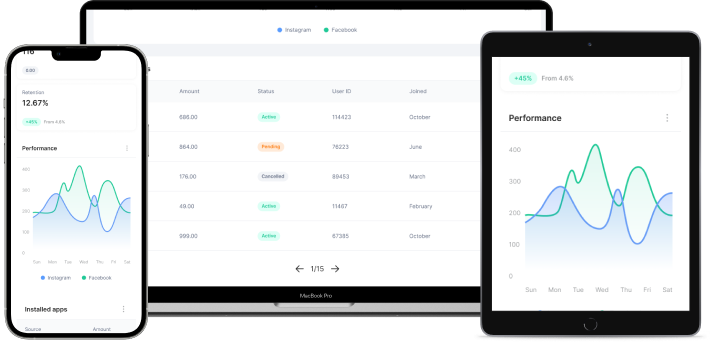
Streamline all business operations in one space
Lorem ipsum dolor sit amet consectetur adipiscing elit Ut et massa mi. Aliquam in hendrerit urna. Pellentesque sit amet sapien fringilla, mattis ligula consectetur, ultrices mauris. Maecenas vitae mattis

Trusted by companies all over the world
Automate all of business operations
Lorem ipsum dolor sit amet consectetur adipiscing elit Ut et massa mi. Aliquam in hendrerit urna. Pellentesque sit amet sapien fringilla, mattis ligula consectetur.
- Integrate all business departments
- Connect to third-party apps
- One interface to monitor all


Increase team efficiency with WorkFlowPro
Lorem ipsum dolor sit amet consectetur adipiscing elit Ut et massa mi. Aliquam in hendrerit urna. Pellentesque sit amet sapien fringilla, mattis ligula consectetur, ultrices mauris. Maecenas vitae mattis tellus. Nullam quis imperdiet augue. Vestibulum auctor ornare leo, non suscipit
Automate. Integrate. Streamline.
Lorem ipsum dolor sit amet consectetur adipiscing elit Ut et massa mi. Aliquam in hendrerit urna. Pellentesque sit amet sapien fringilla, mattis ligula consectetur, ultrices mauris. Maecenas vitae mattis
Create an Account
Lorem ipsum dolor sit amet consectetur adipiscing elit Ut et massa
Connect WorkFlowPro
Sed ut perspiciatis unde omnis iste natus error sit voluptatem
Start Automating
Ut enim ad minima veniam, quis nostrum exercitationem ullam
Accessible through all devices
Lorem ipsum dolor sit amet consectetur adipiscing elit Ut et massa mi. Aliquam in hendrerit urna. Pellentesque sit amet sapien fringilla, mattis ligula consectetur.

Key Features
Lorem ipsum dolor sit amet consectetur adipiscing elit Ut et massa mi. Aliquam in hendrerit urna. Pellentesque sit amet sapien fringilla, mattis ligula consectetur.
Seamless Integration
Ut enim ad minima veniam, quis nostrum exercitationem ullam
Easy to use
Sed ut perspiciatis unde omnis iste natus error sit voluptatem
Cross Compatibility
Lorem ipsum dolor sit amet consectetur
Scalable
Lorem ipsum dolor sit amet consectetur adipiscing
Secure
At vero eos et accusamus et iusto odio dignissimos ducim
One Click Setup
Ut enim ad minima veniam, quis nostrum exercitationem ullam
The Backbone of seamless operations
Lorem ipsum dolor sit amet consectetur adipiscing elit Ut et massa mi. Aliquam in hendrerit urna. Pellentesque sit amet sapien fringilla, mattis ligula consectetur, ultrices mauris. Maecenas vitae mattis
250+
Ut enim ad minima veniam, quis nostrum exercitationem ullam
90%
At vero eos et accusamus et iusto odio dignissimos ducim
1.5M+
Sed ut perspiciatis unde omnis iste natus error sit voluptatem
20+
Lorem ipsum dolor sit amet consectetur adipiscing elit Ut et